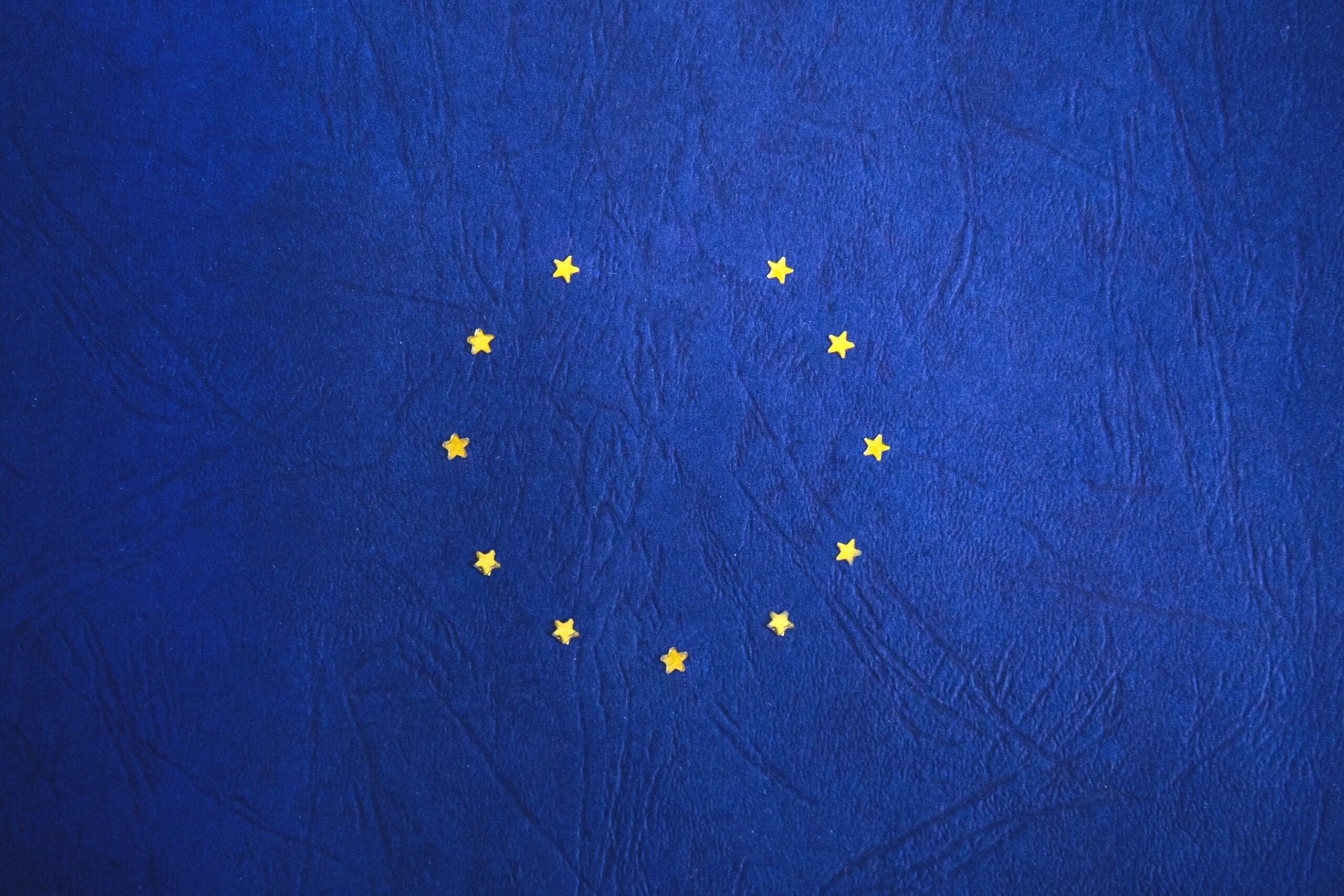
The European Commission is reportedly planning put new rules in place to tighten its grip on branches of foreign banks.
The commission is drafting a proposal to authorise financial regulators to force non-EU banks to convert some of their European branches into subsidiaries, Financial Times reported citing people familiar with the matter.
The new rules are aimed at lightly supervised branches that have a large operation and pose some risk.
In recent times, financial entities from around the world have expanded their operation in the European region.
Through the branch system some non-EU lenders run their business operations in the bloc via thinly supervised branches, which has become a cause of concern for the European Central Bank, the report added.
However, the changes could cost the banking industry billion as the capital and liquidity requirements for branches are much lower than that of subsidiaries.
How well do you really know your competitors?
Access the most comprehensive Company Profiles on the market, powered by GlobalData. Save hours of research. Gain competitive edge.

Thank you!
Your download email will arrive shortly
Not ready to buy yet? Download a free sample
We are confident about the unique quality of our Company Profiles. However, we want you to make the most beneficial decision for your business, so we offer a free sample that you can download by submitting the below form
By GlobalDataNotably, bank subsidiaries are required to follow the same rules as the ones followed by standalone banks.
An executive of one of the large US banks told the publication that he was “concerned about being caught by a proposal that was to address bad apples and becoming collateral damage”.
The terms of the proposal are still being debated and the rules are expected to apply to branches with nearly €30bn of assets, which could also change.
At the end of 2020, European branches of foreign banks had assets of €510bn.
As per the report, the Commission plans to publish the draft on 27 October 2021, which will be finalised by the European Parliament and Council.







